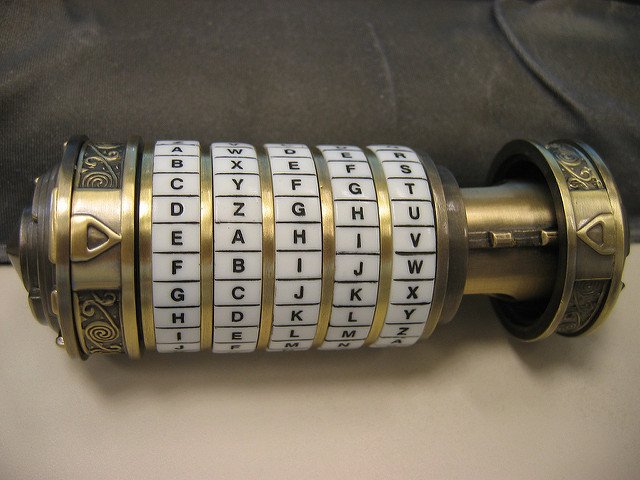- Title: The Score
- Author: H J Golakai
- Publisher: Kwela Books
- Number of pages: 376
- Year of publication: 2015
- Category: Fiction
Every day, we hear or read about employers ‘actively poaching’ stars from their rivals. Should these employers grow weary of their new hires shortly after taking them on, they begin assigning them either impossible tasks or, paradoxically, unchallenging ones, all in order to get them to quit by their own volition. But in The Score, what starts out as a ploy to frustrate the protagonist, Voinjama (Vee) Johnson, ends up making her more valuable.
Nico van Wyk, Vee’s boss at City Chronicle, where she has moved from Urban magazine, keeps assigning Vee tasks outside her specialty. The breaking point comes when she is asked to do a piece on The Grotto Lodge, a two-star establishment far out of town. As is typical of Vee, who constantly flits between being emotional and being analytical faster than a cockroach flicks its antennae, she first vows to quit than take up the assignment, but in the middle of the night, she changes her mind. The events narrated in The Score are the consequences of Vee’s trip to the The Grotto Lodge, her inquisitiveness and unorthodox methods.
The Score is the second book in the Vee Johnson Mystery series, the first being The Lazarus Effect. It is clear that H J Golakai’s narrative style has changed since The Lazarus Effect. Gone are the superfluous flashbacks and the surfeit of jargon and their definitions. Vee has also changed since The Lazarus Effect, but whatever improvements (or deterioration) Vee may have undergone, she has remained what one of the men in her life terms ‘a wanton freak’, making decisions that are not the best for her and resolutions that she will most likely revoke sooner than later.
In The Score, Vee untangles a complex web of conspiracy, intrigue and betrayal that involves individuals, corporations and government agencies. Overinflated contracts are approved, and consultant firms and corrupt government officials share the excess. It is not lost on Vee that to succeed in her task, everybody along the way must be seen as a suspect.
One of the prime suspects discloses to Vee that ‘[A] lot of big businesses around here, those are your gangsters, the fraudsters’ (p 228). Indeed, after being cornered by Vee, another suspect admits that ‘Doing business without cutting corners is [hard. Shortcuts] and flat-out frauds, believe it or not, are more the norm than the anomaly’ (pp 238–239).
Like Samuel Beckett’s Vladimir and Estragon, Vee and her assistant, Chloe, quarrel constantly, yet they stick together because it must be obvious to them that they complement each other. Although Chloe likes to think that they are ‘a CSI tag team’, ‘Mel Gibson and Danny Glover in Lethal Weapon’, or ‘Will Smith and Martin Lawrence in Bad Boys’ (p 184), she detests Vee’s tendency to smell foul play and murder even where the police and forensics do not.
Elements of prejudice, racism and xenophobia run through the utterances and actions of some of the characters in The Score. Racism cuts across social strata, from Vee’s educated white boss to the black fruit buyer who witnesses Vee punching Chloe’s white face. Sometimes, prejudice is expressed casually, like when Vee’s boss jokes that Vee ‘stormed out of the room. Probably to go stick pins in my voodoo [doll. Where’s] she [from, aren’t] they all black magic-y over there?’ (p 20). At other times, actions and reactions are viewed through racist lenses, like when Vee presumes to know what is running through Chloe’s mind (p 60).
As in The Lazarus Effect, Nigerians are portrayed in The Score but not in the best light. In fact, the prejudice of some of the characters against Nigerians are so strong that one begins to wonder if they are merely captured to reflect realities in South Africa. When a co-worker incorrectly alludes to Vee being a Nigerian, she counters with vehemence. It is interesting to compare this to the author’s real-life reaction to being mistaken for a Nigerian at the Oliver Tambo International Airport as recounted in her essay ‘Fugee’.
Vee has remained an outsider to the environment in which she has lived and worked for years. Golakai makes Vee more expressive by switching between formal English and Liberian patois depending on the character’s state of mind, but Vee does not understand any of the South African languages enough to correctly pronounce a Xhosa name like Xoliswa or the Afrikaans word Boeremeisie. One wonders if this shortcoming on the part of Vee is a product of an innocent apathy or of some supremacist tendencies. In this connection, it is equally curious that other than Chloe, Vee has no other South African friends.
Nonetheless, Vee’s empathy is admirable. Despite everything that one of the suspects in the conspiracy does, including breaking into Vee’s apartment and attacking her, Vee is still able to hold her assailant’s hand to ensure that the assailant does not fall to her death. Vee does a similar thing in The Lazarus Effect by saving the criminal Rosie from drowning despite the fact that Rosie had almost killed her.
In The Score, Golakai shows that criminals are also normal human beings, some of them victims of circumstances, who probably commit their first crimes by accident or out of desperation and then commit subsequent ones in order to cover the previous one. She portrays this so well that readers will identify with even her most troubled and vilest characters.
Photograph: ‘Cryptex: High Def’ by Rex Roof
Comments should be sent to comments@wawabookreview.com. Please use the appropriate review title in the email subject line.

